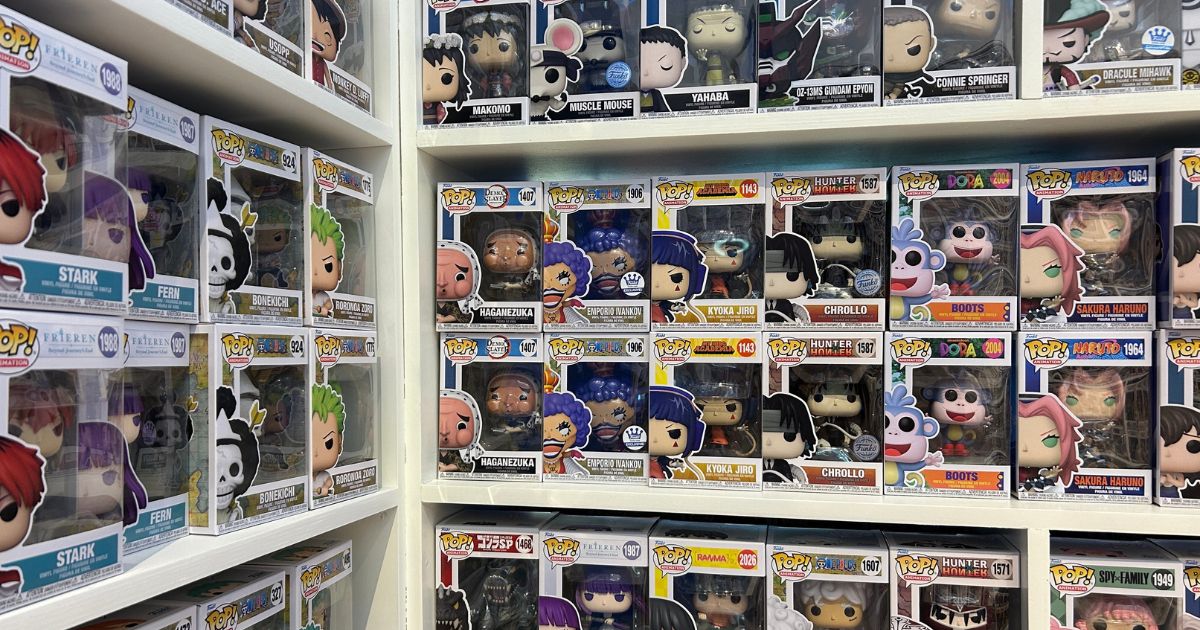
Upgrade to High-Speed Internet for only ₱1499/month!
Enjoy up to 100 Mbps fiber broadband, perfect for browsing, streaming, and gaming.
Visit Suniway.ph to learn

CLINICAL MATTERS
I was preparing to do a vaccine talk when I saw the post on social media. Pope Francis was dead. Since you cannot trust anything that comes up on social media these days at face value, I quickly checked mainstream media webpages, and it was confirmed. The Pope had died in the early hours of Easter Monday, and the Vatican announced the news that morning. I felt immensely sad and knew that we had lost a great man who had given hope to so many. Later on, it was revealed that he had suffered a stroke, gone into a coma, and had gone into heart failure, which eventually caused his demise. This is not unusual for having been so recently ill with a severe pneumonia, and it was a wonder that he still insisted on going out and seeing the faithful up to the day before he died.
The public perception of doctors is that we rely heavily on science and that religion is not relevant to the practice of medicine. While I have colleagues who are agnostics as well as atheists, the vast majority of doctors I know subscribe to some sort of religion. Even the atheist and agnostic doctors I know are quite spiritual and highly ethical, which means that doctors in general have some sort of moral compass. I suppose this makes sense, since a doctor’s job is to heal people, and putting in the work to become a good doctor entails a lot of self-sacrifice.
I was a very religious kid. My parents were Catholic Charismatics who went to church every day and were part of a prayer group that met weekly. After school, I would rush home so I could go to church with them in the afternoon. I would get upset and even cry on days when I missed church, that’s how fervently I believed in my parents’ brand of Catholicism. My mom thought I might become a priest. I went to a Jesuit school, Xavier University in Cagayan de Oro, where my Catholic faith was nurtured by the priests and nuns. My grade school principal, Father Jorge Hofileña, was an erudite person who delighted in debating and challenging our views of the world. From the innocent child-like faith I had in church institutions, I grew in knowledge as I learned more about Catholicism and its roots and teachings.
When I moved to Manila to attend the Philippine Science High School, we studied Rizal. I became aware of the ugly side of the Catholic church, which was not talked about at home or in grade school, including the abuses of the friars and the opulence of Rome. At the University of the Philippines, despite its secular reputation, I learned more about philosophy and theology in an academic context. The priests in the UP church were very scholarly but were also quite radical. It made sense in my mind, since Jesus himself was a fairly radical person. I devoured books about the history of the Catholic Church and how it shaped world history, both good and not so good. This was also the time when the sexual abuse of minors by priests was being discovered, and accusations of a systematic cover-up were rampant.
As my eyes opened to the failings of Christianity and Catholicism, my faith was severely shaken. Pope John Paul II, whom I saw when he visited Manila in 1995, had been a towering, almost divine figure in my young mind and gave off such a saintly aura. I had never heard anything bad about him in our home, and this was before the internet and social media were available. As I began medical school, I had less and less time for religion, but in times of difficulty, I still found myself drawn to prayer and would sometimes sit in the chapel at the Philippine General Hospital when I felt mentally and spiritually exhausted.
More and more cases of abuse came to light by the time Pope John Paul II died in 2005. I was in the US at that time as a third-year medical resident. I remember the day he died very well. I was in Cleveland to interview for a fellowship position in infectious diseases at Case Western Reserve University. Despite it already being April, it snowed heavily on that day, covering the ground with over a foot of snow as if mourning his passing. I watched the television screen quietly as the only Pope I had ever known was laid to rest. I was sad, but I had mixed feelings about his legacy.
His successor, Pope Benedict XVI, had unfortunately been part of that establishment that covered up for many of those priests who abused children. While I admired Pope Benedict’s intellectual prowess, he was not a Pope that I could relate to, especially as a doctor who took care of all kinds of people, including those living with HIV. I was also at odds with the Church’s stances on contraception, LGBTQ+ rights, and divorce. I did not think that Pope Benedict XVI, who had a reputation as a staunch conservative, was going to move favorably on any of these issues. I remained a Catholic and still went to church every Sunday, but I felt that the Catholic Church was out of touch and was not doing enough to make amends to the abuse victims.
When Benedict shocked the world by stepping down as Pope in 2013, I thought it was a good move and a very humble admission that he could not fulfill the job he set out to do. What I did not expect was that the cardinals would elect someone like Pope Francis. Just his choice of name already resonated with me. I am an admirer of St. Francis, who left a comfortable life to minister to the poor and lived his life as an example of what a good Christian should be. Pope Francis was a Jesuit, and I knew firsthand that the pragmatism with which Jesuits approached their vocation was going to be a lot more relatable in the modern world.
I found myself cheering on as Pope Francis prioritized accountability for sexual abuse by defrocking erring priests, and even a cardinal in 2019. Though he wasn’t perfect and he begged forgiveness for not doing enough, I believe he accomplished so much to address institutional shortcomings. Pope Francis was far more progressive than any church leader in addressing LGBTQ+ issues, allowing churches to bless same sex unions and engaging in continuous dialogue with the community in the spirit of inclusivity. He was not afraid to call out countries when they hoarded vaccines during the COVID-19 pandemic, and supported the science behind vaccines as an obligation to protect one another. He flew to the Philippines immediately after Yolanda hit, and comforted Filipinos who had lost everything, even when another typhoon was threatening his own safety. Through his words and actions, Pope Francis made me proud to be a Catholic anew, and his vision of Catholicism was one that I embraced with all my heart. I am not the only doctor who feels this way, and I was also glad that my faith had been reinvigorated, as it helped me get through the challenges of the COVID-19 pandemic.
Even as talk of the next Pope begins, I cannot help but be awestruck at how one man could have so profoundly changed a church of over a billion people for the better in such a short period of time. Including me. To the very end, he continued his ministry, greeting the crowd on Easter Sunday, despite having been hospitalized with severe pneumonia a few weeks before. Saint Francis and Saint Ignatius would have been proud. Truly, he was a man for others, and his legacy has made the Catholic Church that much stronger. Thank you and farewell, Papa Francesco.

 1 month ago
26
1 month ago
26

_2025_06_26_18_50_25.jpg)

